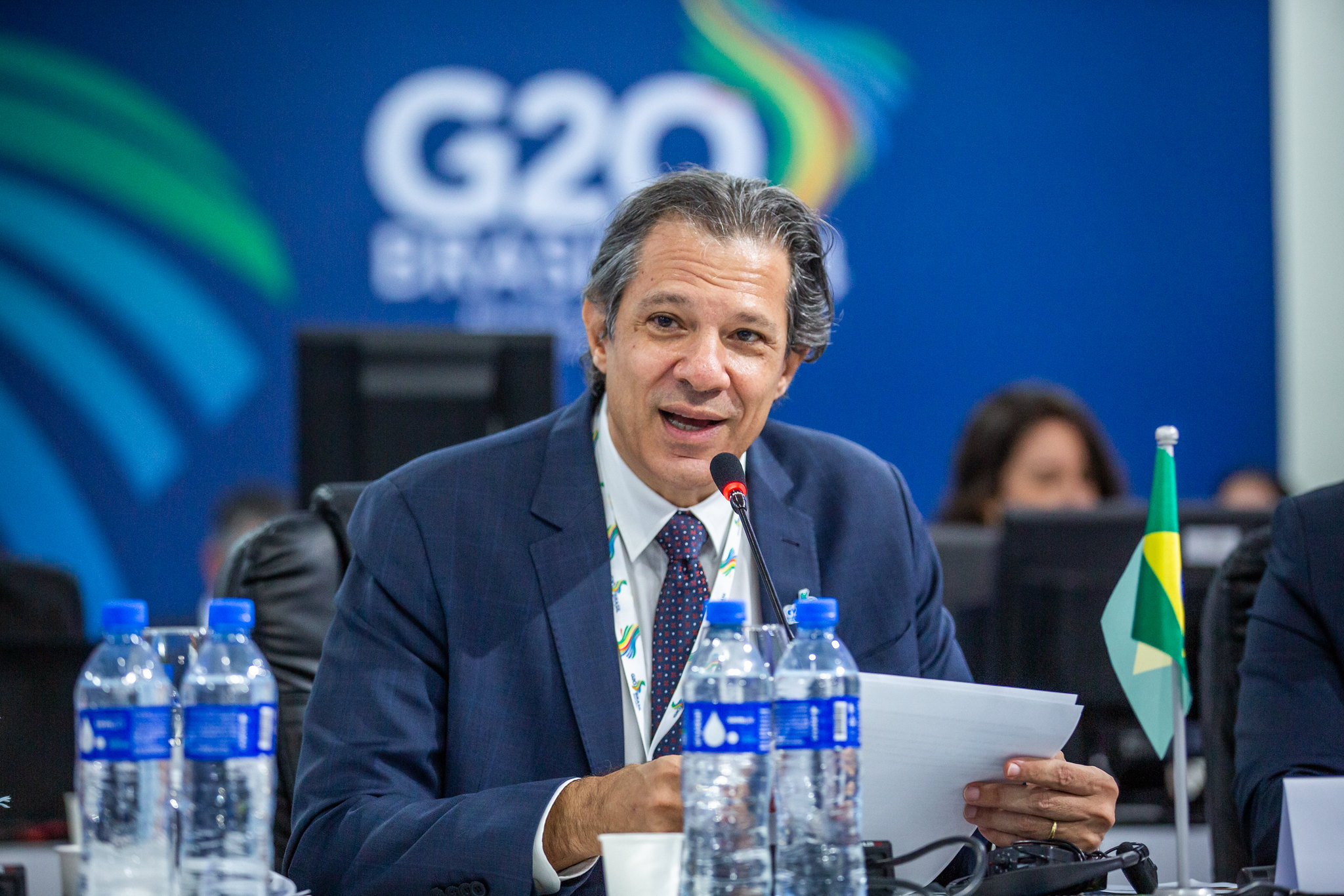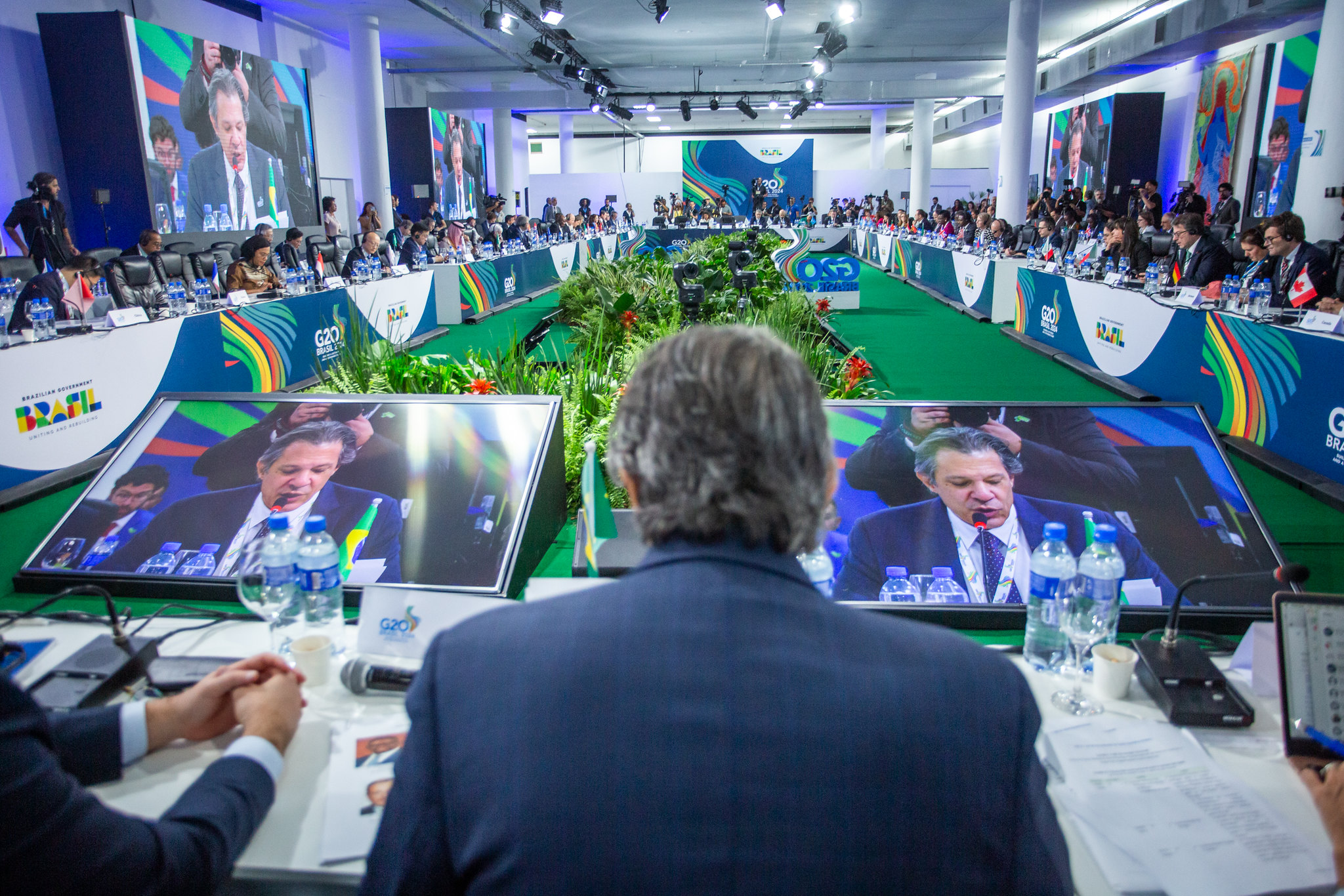Haddad: "World's Super-Rich Need to Contribute More Fairly and Proportionally"
Finance Minister led the call for more equitable taxation of the super-rich globally during the second day of the G20 meetings. Haddad stressed the need for joint action to correct tax disparities, calling on member countries and international organizations to join forces for a fairer and more sustainable tax system.


The Finance Minister led the appeal for a globally more equitable taxation of the super-rich during the second day of G20 meetings. Haddad highlighted the need for joint action to address fiscal disparities, calling on member countries and international organizations to unite efforts for a fair and sustainable tax system.
Fernando Haddad, Brasil's Finance Minister, argued that the world's super-rich should contribute more fairly and proportionally to their wealth and called for international cooperation for progressive global taxation. He made these statements during the opening of the second day of G20 Finance Ministers and Central Bank Presidents meetings on Thursday, February 29, in São Paulo.
Haddad presented data from the EU Tax Observatory, revealing that the world's billionaires pay an effective tax rate equivalent to between 0 and 0.5% of their wealth. The minister acknowledged differing perspectives on the issue among forum member countries but expects collective action from the group to resolve the matter.
"I wonder how we, as Finance Ministers, allow a situation like this to persist. If we act together, we have the capacity to make these few individuals contribute to our societies and the sustainable development of the planet. I see no contradiction between the different international taxation agendas we are bringing to the table," he emphasized.
The minister mentioned Brasil's experience on the topic, noting that the tax reform in the country was successful, and each nation can do much for itself domestically. "However, effective solutions for the super-rich to make their fair tax contribution depend on international cooperation," he pointed out.
In his speech, Haddad called on the United Nations and the Organization for Economic Co-operation and Development (OECD) to combine legitimacy, technical capacity, and political strength to "continue advancing our international tax cooperation and reducing opportunities for a small number of billionaires to exploit loopholes in our system to avoid their fair contribution."
The G20 discusses this issue within the framework of the International Taxation Working Group, focused on increasing the efficiency of tax systems to reduce inequalities. Formally, the International Taxation Agenda does not constitute a working group. The subsidies and formulations developed among member countries are debated and decided directly by government representatives in high-level discussions, such as during the G20 Finance Ministers' meeting.